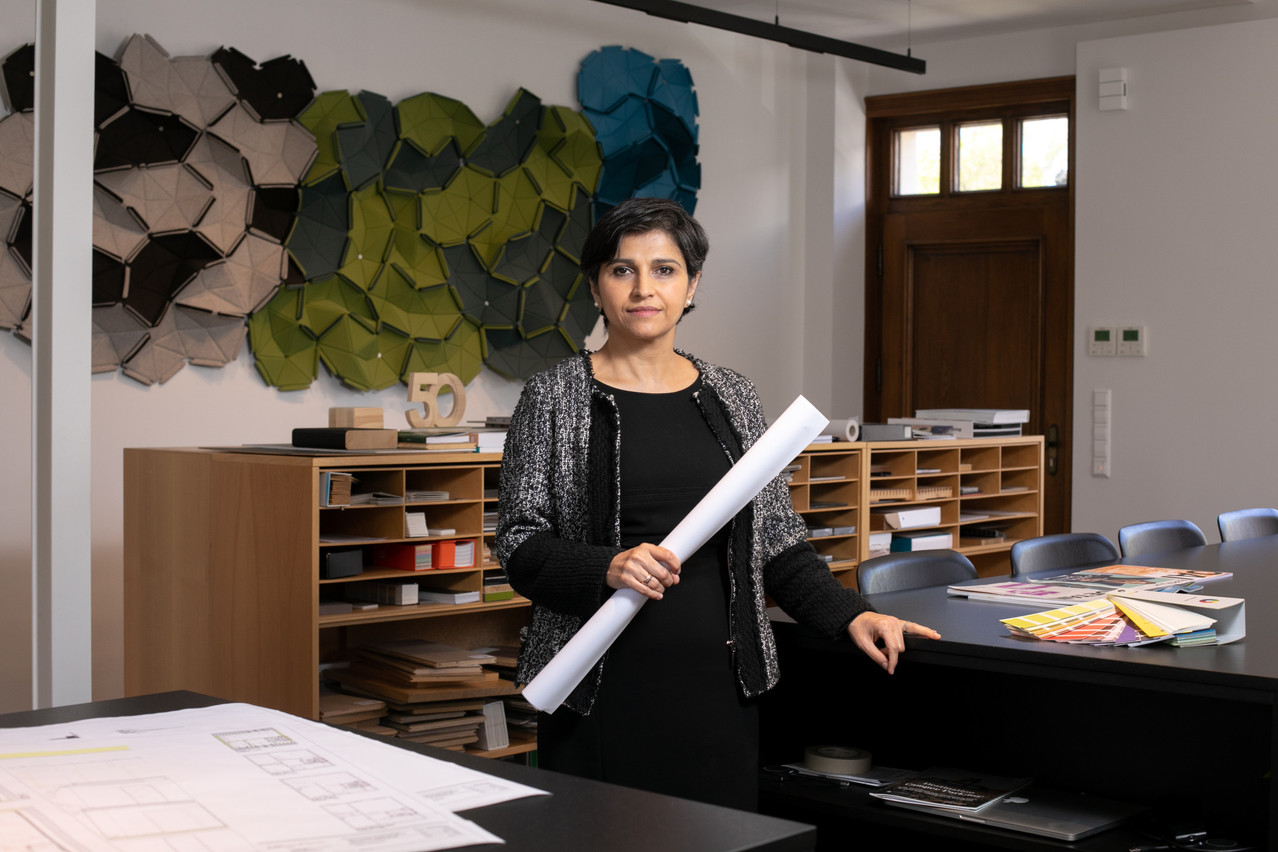Although renovating a home can be a fulfilling experience, it’s not for every build. When advising clients on home renovations, Azari says she first recommends a thorough asbestos inspection. Depending on the age of the building, there may still be traces, “something that can, of course, be removed, but there are very strict protocols and, of course, it has a cost… even for demolishing, we have to have a certificate which indicates that the house is free of asbestos.”
Building regulations are different in every commune. Moreover, “one factor normally people don’t know about is that in some areas, if you demolish the existing house, you can’t build the same footprint because the regulations have changed in the meantime.”
Some buildings are also protected. “You have two types of listing: national level and communal level,” she explains. “When it’s the national level, it’s far more complex.”
Azari and her team try to work with the visions of their clients while making them aware of such regulations or the home’s structural issues. It’s for this reason they’ve have a workshop together. “It’s difficult for people to speak the architectural language, so we need to go deeper and realise and understand what it is they need,” she adds.
Over the past years, some materials were also in short supply--lumber, for example--something which “has been very difficult to manage… we basically had to adapt,” Azari says, citing an example of a planned façade which had to be revisited to determine if there were other finishes that were less expensive. That’s the time re-prioritsation becomes key: perhaps deciding to change windows first and holding off a kitchen remodel, for example. “We always want the project, the outcome, to be something which we are all proud of, so [such decisions] shouldn’t lower the quality of the space and especially the quality of life.”
Saharchitects provides a guide on renovating in the grand duchy, available on its .
